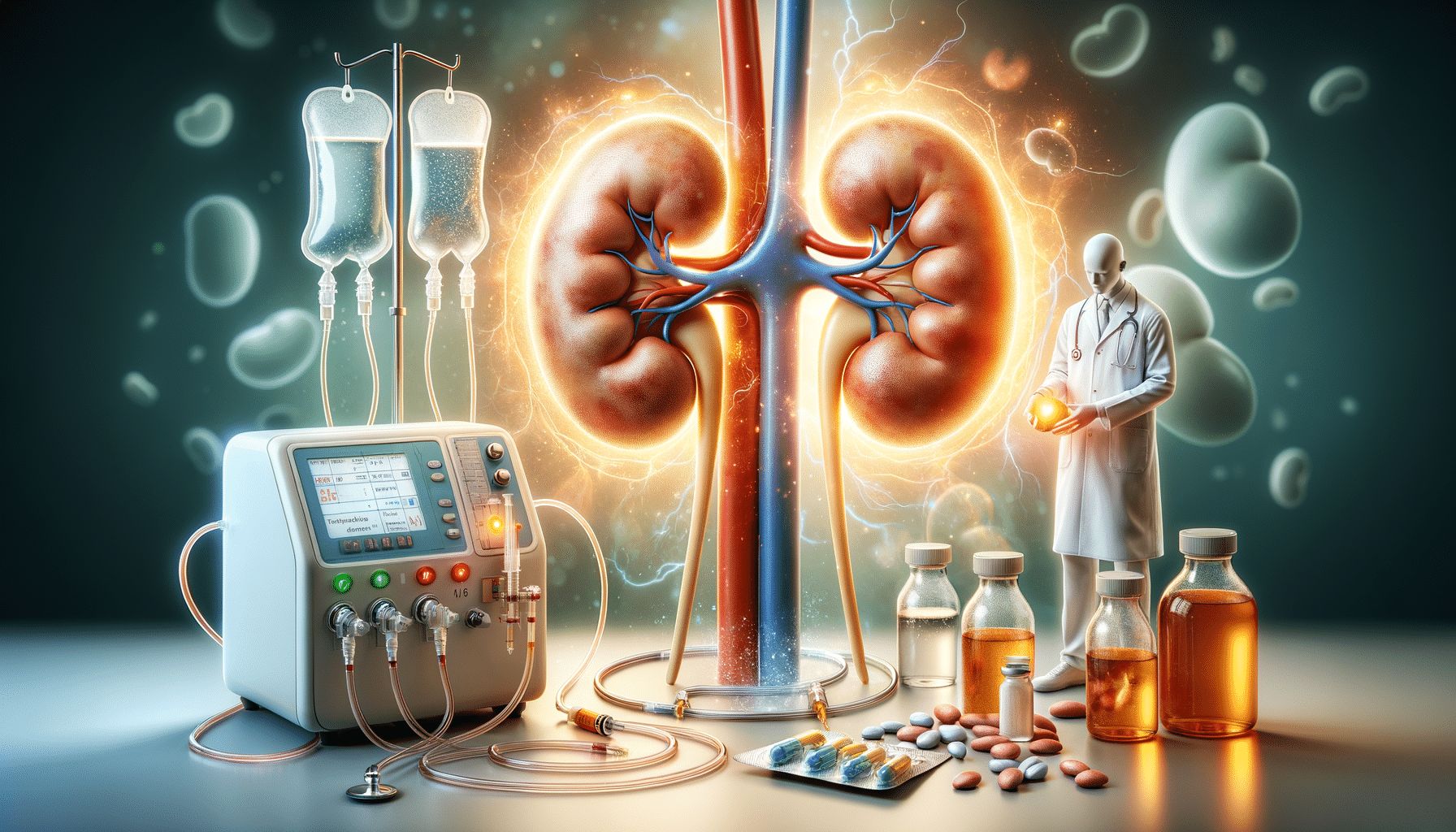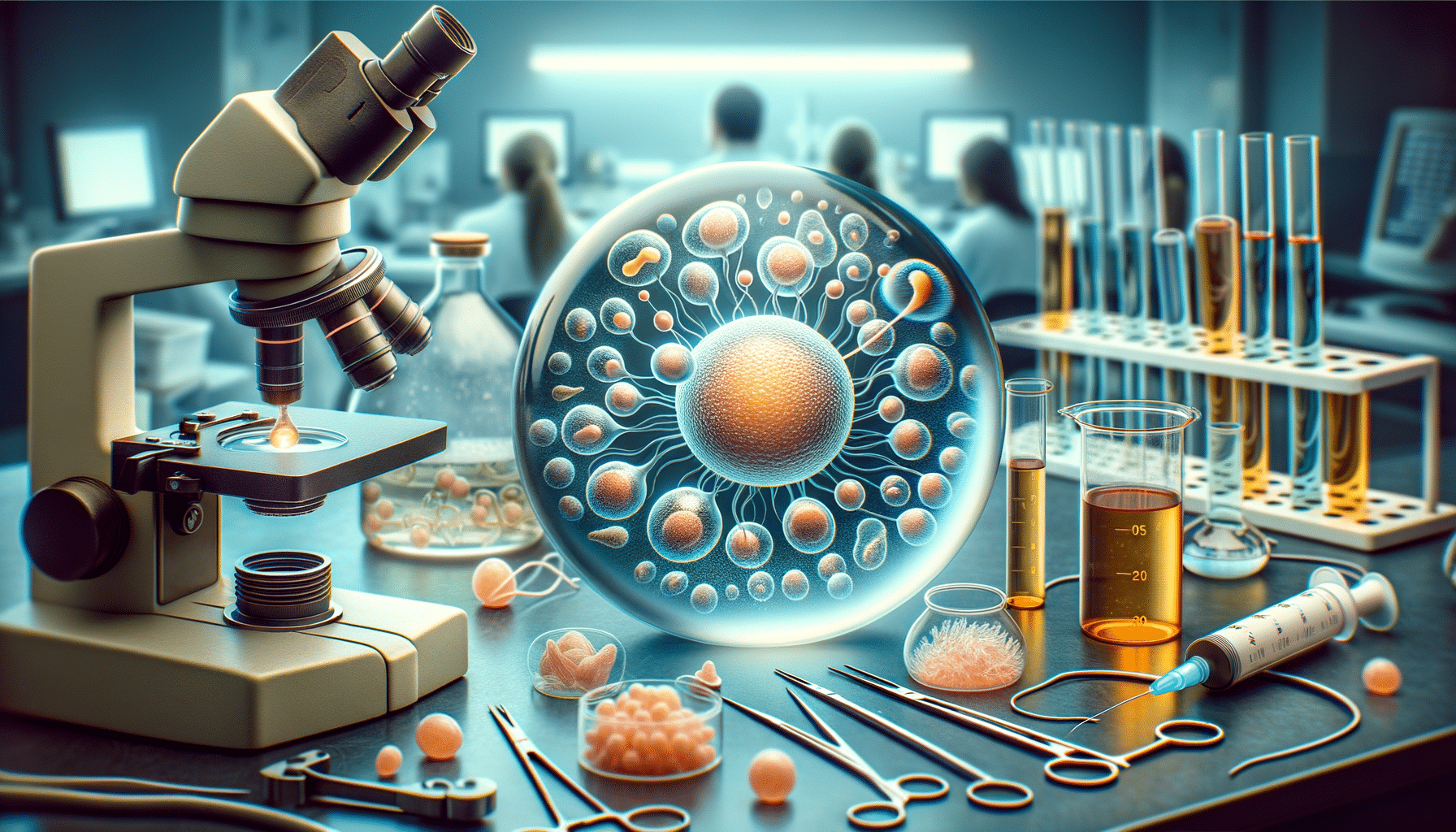
Caring for Your Kidneys
Understanding Kidney Disease
Kidney disease, a condition affecting millions worldwide, involves the gradual loss of kidney function. Our kidneys play a vital role in filtering waste and excess fluids from the blood, which are then excreted through urine. When kidneys fail to function properly, waste and toxins can build up in the body, leading to serious health issues.
There are several types of kidney disease, including acute kidney injury, chronic kidney disease (CKD), and end-stage renal disease (ESRD). Each type has different causes and requires specific treatment approaches. Common causes of kidney disease include diabetes, high blood pressure, and glomerulonephritis. Early detection and management are crucial to prevent progression to more severe stages.
Recognizing symptoms early can make a significant difference in outcomes. Symptoms may include fatigue, swelling in the legs and ankles, shortness of breath, and changes in urination patterns. Regular check-ups and blood tests can help in early diagnosis, allowing for timely intervention.
Conventional Treatment Options
Traditional treatment options for kidney disease focus on controlling symptoms and slowing the progression of the disease. These include lifestyle changes, medications, and in advanced cases, dialysis or kidney transplantation.
Lifestyle modifications such as adopting a kidney-friendly diet, maintaining a healthy weight, and monitoring blood pressure and blood sugar levels are fundamental. Medications may be prescribed to manage underlying conditions like hypertension or diabetes, which are common contributors to kidney disease.
For patients with ESRD, dialysis or kidney transplantation becomes necessary. Dialysis involves removing waste products and excess fluids from the blood when the kidneys can no longer perform this function. Kidney transplantation, on the other hand, involves replacing a diseased kidney with a healthy one from a donor. Both options require careful consideration and planning with healthcare professionals.
Advancements in Kidney Disease Treatment
Recent advancements in medical research have brought new hope to individuals with kidney disease. Innovations in treatment are focusing on improving patient outcomes and quality of life.
Regenerative medicine and stem cell therapy are emerging fields showing promise in kidney disease treatment. These therapies aim to repair damaged kidney tissues and restore function. Although still in experimental stages, they represent a potential shift in how kidney disease might be treated in the future.
Additionally, wearable dialysis devices and home dialysis systems are being developed to offer greater convenience and flexibility to patients. These innovations allow for more frequent dialysis sessions, which can improve patient outcomes and provide a better quality of life.
Integrative and Supportive Therapies
In addition to conventional treatments, integrative and supportive therapies can play a significant role in managing kidney disease. These therapies focus on holistic care, addressing both physical and emotional well-being.
Complementary approaches such as acupuncture, yoga, and meditation can help reduce stress and improve overall health. Nutritional counseling and dietary supplements may also support kidney function and general wellness.
Support groups and counseling services provide emotional support and practical advice to patients and their families. Sharing experiences and learning from others facing similar challenges can be empowering and comforting.
Living with Kidney Disease
Living with kidney disease requires ongoing management and lifestyle adjustments. Patients must be proactive in their care, regularly monitoring their health and adhering to treatment plans.
Education and awareness are key components in managing kidney disease effectively. Patients should be informed about their condition, treatment options, and lifestyle modifications that can help slow disease progression.
Building a strong support network of healthcare providers, family, and friends can provide encouragement and assistance. Regular communication with healthcare professionals ensures that treatment plans are effective and adjusted as needed.
Ultimately, living with kidney disease is about finding a balance that allows for a fulfilling and healthy life. With the right resources and support, individuals can manage their condition and maintain a good quality of life.


